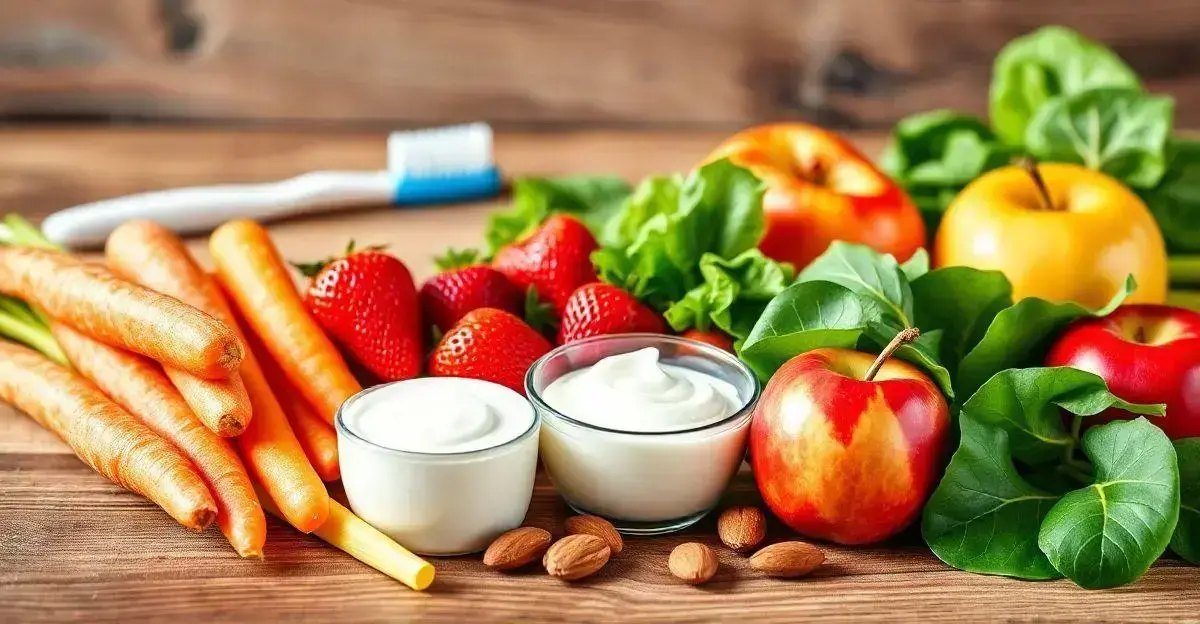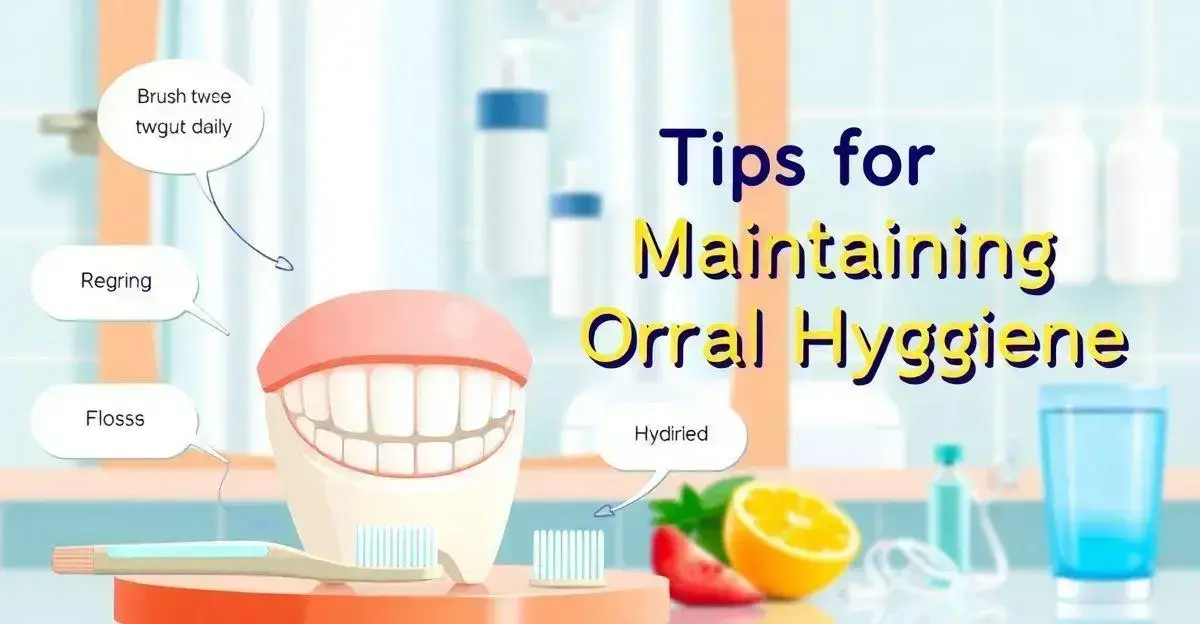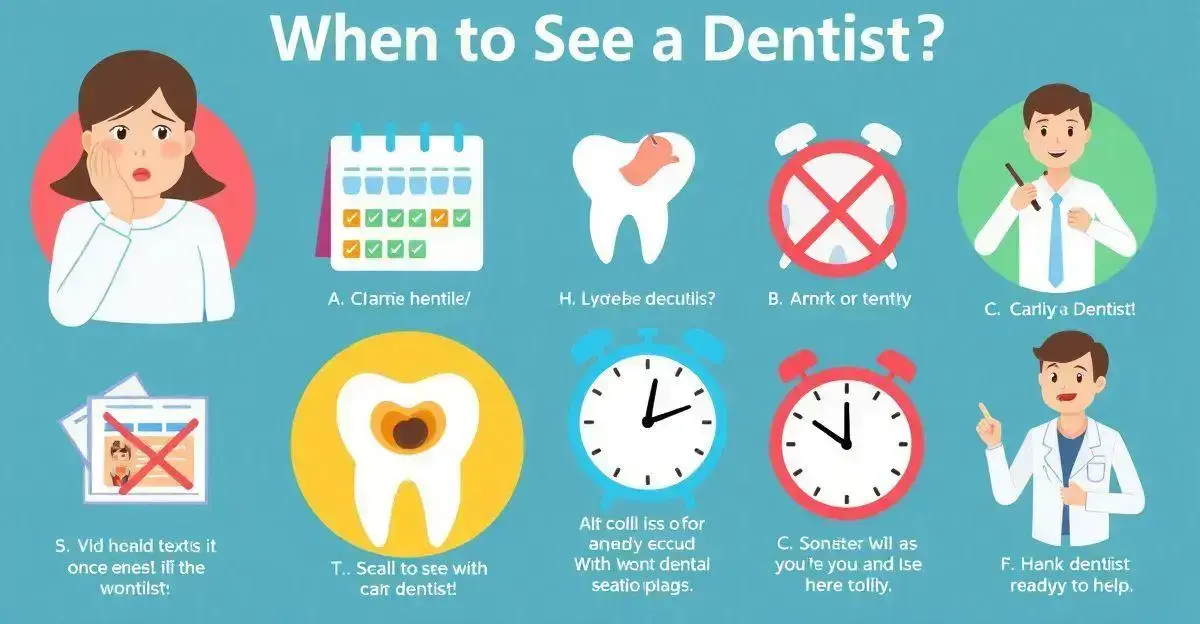8 Foods to Keep Your Gums Healthy: Discover Their Secrets!
Maintaining good gum health is vital for overall oral hygiene. The right foods can significantly enhance gum vitality and prevent diseases.
The Importance of Gum Health
Understanding the importance of gum health is essential for maintaining overall oral hygiene. Healthy gums support your teeth and protect your mouth from bacteria and infections.
Poor gums health can lead to issues like gum disease, which may result in tooth loss and other significant health problems. Proper care for your gums also reduces the risk of complications related to heart disease and diabetes.
In addition, healthy gums play a crucial role in aesthetics, supporting your smile and facial structure. Regular dental check-ups, along with proper oral hygiene practices, help ensure that your gums remain in good condition. Daily brushing, flossing, and rinsing with antibacterial mouthwash are effective ways to prevent gum disease.
Incorporating a diet rich in vitamins and minerals, especially those found in the top foods for gum health, further strengthens your gums. Remember, your gums are the foundation of your oral health, and taking the necessary steps is vital for a beautiful, lasting smile.
Top 8 Foods for Healthy Gums

Maintaining healthy gums is easier when you include the right foods in your diet. Here are the top 8 foods for healthy gums that can help you achieve optimal oral health.
1. Leafy Greens: Vegetables like spinach and kale are rich in vitamins and minerals. They help strengthen your gums and teeth while providing fiber to clean your mouth.
2. Apples: Crunchy fruits such as apples help stimulate gums and produce saliva, which washes away food particles and bacteria.
3. Carrots: Raw carrots are high in beta carotene and fiber, making them excellent for oral health as they help scrub your teeth while you chew.
4. Fish: Fatty fish, such as salmon, are rich in omega-3 fatty acids that reduce inflammation, promoting gum health.
5. Dairy Products: Cheese, yogurt, and milk are rich in calcium and help neutralize acids in the mouth, preventing tooth decay.
6. Nuts: Nuts are packed with nutrients and fiber that support gums health while being beneficial for overall health.
7. Garlic: Known for its antibacterial properties, garlic can help fight bacteria that lead to gum disease.
8. Green Tea: This beverage is rich in antioxidants, helping to fight inflammation and protect your gums from disease.
By incorporating these foods into your diet, you can effectively promote gum health and maintain your beautiful smile. Regular dental check-ups and consistent oral hygiene practices should also be part of your routine to ensure the best outcomes for your gums.
How Nutrients Affect Gum Health
Nutrients play a significant role in maintaining gums health. Vitamins and minerals strengthen the gums and help prevent diseases. For instance, vitamin C is essential for collagen production, which supports gum tissue. A deficiency in this vitamin can lead to swollen and bleeding gums.
Additionally, calcium is crucial for keeping teeth and jaws strong. Foods rich in calcium like dairy products help maintain the structure around your teeth, promoting healthy gums.
Omega-3 fatty acids, found in fish, have anti-inflammatory properties that can help soothe gum inflammation. Including these nutrients in your diet creates a healthy environment for your gums and teeth.
Furthermore, antioxidants found in fruits and vegetables combat free radicals that can harm gum tissue. Regularly consuming a balanced diet full of these nutrients is vital for preventing gum disease and ensuring overall dental health.
Preventing Gum Disease with Diet

Preventing gum disease is crucial for maintaining oral health. Diet plays a vital role in keeping your gums healthy. A well-balanced diet that includes an abundance of fruits and vegetables provides essential vitamins and minerals needed for gum health. Foods rich in vitamin C help to repair gum tissue, while calcium supports the structure of your teeth and gums.
Limiting sugary foods and drinks is important, as excess sugar can lead to plaque buildup, which contributes to gum disease. Instead, opt for whole grains, lean proteins, and healthy fats to nourish your body and strengthen your gums.
Regular consumption of green tea can also be beneficial. It contains polyphenols that may help reduce inflammation and combat bacteria in your mouth. Additionally, staying hydrated by drinking plenty of water can aid in washing away food particles and keeping your mouth clean.
Lastly, remember that good oral hygiene practices combined with a healthy diet are essential. Brushing twice a day and flossing regularly can help prevent gum disease, ensuring your gums remain strong and your smile bright.
Simple Recipes Incorporating Gum-Healthy Foods
Incorporating gum-healthy foods into your meals can be delicious and easy. Here are some simple recipes to add these beneficial foods to your diet:
1. Spinach and Apple Salad: Toss fresh spinach with sliced apples, walnuts, and a drizzle of olive oil. This salad is rich in vitamin C and antioxidants.
2. Carrot Sticks with Hummus: Cut raw carrots into sticks and serve with hummus for a crunchy snack that scrubs your teeth clean.
3. Yogurt Parfait: Layer plain yogurt with fresh berries and a sprinkle of nuts. This tasty dish provides calcium and promotes oral health.
4. Grilled Salmon Tacos: Use whole grain tortillas and fill them with grilled salmon, avocado, and fresh salsa. This meal is high in omega-3 fatty acids and flavor.
5. Green Smoothie: Blend spinach, banana, and almond milk for a quick breakfast packed with nutrients that help keep your gums healthy.
These recipes are not only nutritious but also easy to prepare, making it simple to promote gums health while enjoying tasty meals!
Tips for Maintaining Oral Hygiene

Maintaining good oral hygiene is essential for keeping your gums and teeth healthy. Here are some key tips for ensuring your mouth stays clean:
1. Brush Twice a Day: Brush your teeth at least twice a day with a fluoride toothpaste. Remember to use a soft-bristled toothbrush and replace it every three to four months.
2. Floss Daily: Flossing helps remove food particles and plaque from between your teeth and below the gumline. Make it a habit to floss once a day.
3. Use Mouthwash: An antibacterial mouthwash can help reduce plaque buildup and kill bacteria that cause gum disease.
4. Eat a Balanced Diet: Fill your diet with fruits, vegetables, and whole grains while limiting sugary snacks and drinks. This will nourish your gums and promote oral health.
5. Stay Hydrated: Drink plenty of water throughout the day to help rinse away food particles and bacteria that can cause gum problems.
6. Avoid Tobacco: Smoking and other tobacco products are harmful to gum health. Avoiding tobacco can lower your risk of gum disease.
7. Regular Dental Visits: Schedule regular check-ups with your dentist for professional cleanings and early detection of dental issues.
By following these tips, you can maintain excellent oral hygiene and keep your gums healthy.
Common Myths About Gum Health
There are many common myths about gum health that can mislead people. Understanding the facts is essential for maintaining good oral care.
Myth 1: Gum disease only affects older people. In reality, anyone can develop gum disease, including children and young adults.
Myth 2: If my gums don’t bleed, they’re healthy. Gums can be unhealthy without visible bleeding. Regular dental visits are crucial for checking gums health.
Myth 3: Using a hard toothbrush cleans better. Soft-bristled toothbrushes are more effective and less damaging to gums, helping to prevent gum recession.
Myth 4: Natural remedies can replace dental care. While natural options can support gum health, they should not replace regular dental hygiene practices and professional care.
Myth 5: Bad breath is normal. Persistent bad breath may indicate gum disease or other health issues. It’s important to consult a dentist if it occurs.
By debunking these myths, individuals can better understand gums health and take appropriate actions to maintain a healthy smile.
When to See a Dentist

Knowing when to see a dentist is important for maintaining gum health and overall oral hygiene. Regular check-ups are recommended every six months, but certain signs may indicate the need for a visit sooner.
1. Bleeding Gums: If your gums bleed when you brush or floss, it could be a sign of gum disease. Don’t ignore this symptom and schedule an appointment.
2. Persistent Bad Breath: Bad breath that doesn’t go away with brushing can indicate an underlying problem. A dentist can help identify the cause.
3. Tooth Sensitivity: Increased sensitivity to hot, cold, or sweet foods may be a sign of dental issues. A dentist can determine the cause and recommend treatment.
4. Loose or Shifting Teeth: If you notice any looseness or shifting in your teeth, it’s critical to see a dentist. This could be a sign of gum disease or other dental problems.
5. Pain or Discomfort: Any discomfort in your gums or teeth should not be overlooked. Pain can indicate infection or other serious issues that need prompt attention.
Taking these signs seriously can help you maintain healthy gums and prevent more significant dental problems down the road.
FAQ – Frequently Asked Questions About Gums Health
What are the signs of gum disease?
Common signs include swollen or bleeding gums, persistent bad breath, and looseness of teeth.
How often should I see a dentist?
It is recommended to see a dentist at least twice a year for regular check-ups and cleanings.
What foods are good for gum health?
Foods rich in vitamins and minerals, such as leafy greens, apples, and yogurt, are beneficial for gum health.
Can gum disease be reversed?
Early stages of gum disease can often be reversed with proper dental care and hygiene practices.
How can I maintain good oral hygiene?
Brush twice a day, floss daily, use mouthwash, and maintain a balanced diet for optimal oral hygiene.
Is it normal for gums to bleed?
No, bleeding gums can be a sign of gum disease and should be addressed by a dentist.
